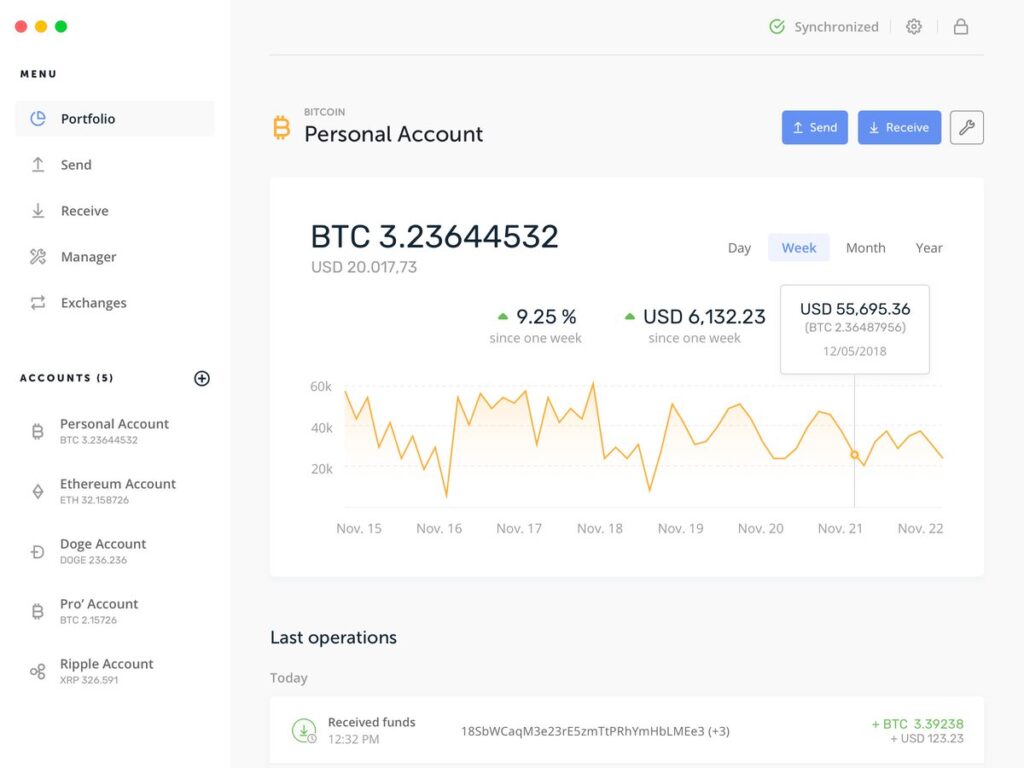

Most viruses target Windows desktop computers through infected websites and browsers, as mobile devices are more difficult to breach due to different operating systems, devices and usage.In order to be listed, they need to be verified and tested for malicious code, which makes it highly unlikely a malware-infected app will be added.
LEDGER LIVE COM FOR ANDROID

The virus sends out infected Excel spreadsheets to users. Only 2 days ago, Symantec released a report which claimed that a new malicious crypto-jacking program called “Beapy” was detected. The reason why so many of these viruses are so sophisticated is because they’re utilizing hacking tools that were developed by governmental security bodies such as the US’ National Security Agency (NSA). New NSA-created Malware targeting companies It doesn’t help either that these malware programs are often developed by governmental security agencies such as the … NSA. These scams have a long history of finding their marks when targeting cryptocurrency wallets, most notably a very recent DoS phishing attack on desktop wallet Electrum that netted millions.
LEDGER LIVE COM SOFTWARE
And this problem won’t go away soon either.Īs long as a computer connects to the internet, it will always be susceptible to hackers who will exploit vulnerabilities and user ignorance to implement malicious software such as phishing scams and keyboard loggers. Ledger is correct when they say that user education is most important to combat this. While the French-based leading hardware wallet company assured their users that the phishing software did not originate from Ledger, nor did it affect the app’s intrinsic security or functionality, the problem remains that this malware can easily dupe inexperienced or distracted users into revealing their private data, as it looks so authentic. Education of users is paramount to mitigate this.- Ledger April 25, 2019 Funds are safe unless users themselves give their recovery phrase to the hacker (through social trickery). Hardware wallets have been designed to protect crypto assets against this kind of attacks. Their tweets links to an older article that states that users should only reveal their 24-word phrases if they want to either 1) clone a current hardware wallet or 2) have lost their old wallet and need to activate a new one. Ledger has been quite proactive and transparent in handling this security issue, which at present seems to affect only a small number of its Windows desktop users, but it’s still a worrying problem nonetheless. Ledger Malware affects only desktop users Step 4: When a user complies and enters their unique seed, they give the hacker access and the ability to steal their whole investment within minutes. Step 3: The compromised app claims that the user’s Ledger needs to be restored and therefore the user should provide the desktop app with their 24-word seed. Step 2: Malicious malware is implemented that replaces the official Ledger Live desktop app with a tampered-with version. Step 1: Users’ computer security is compromised (it’s unknown exactly how at present.) With more details slowly emerging, it appears that the following modus operandi is used: This type of malware is called a phishing attack and is very common in hacking attacks on e-commerce companies and users, bagging millions, if not billions, of dollars, each year. Please refer to our security best practices /Qzr3o4xaOq- Ledger April 25, 2019 Users of infected computers are asked to enter their 24-word recovery phrase after a fake update. WARNING: we’ve detected a malware that locally replaces the Ledger Live desktop application by a malicious one.


 0 kommentar(er)
0 kommentar(er)
